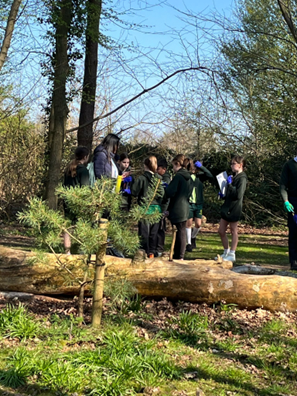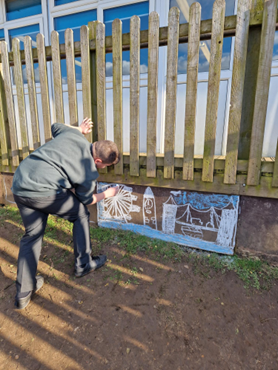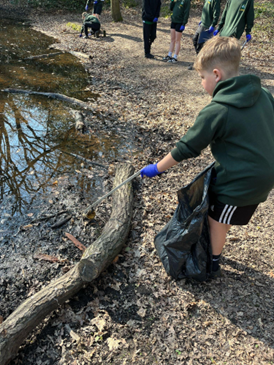Geography
Vision
At Fair Field, we believe Geography should inspire curiosity and deepen understanding of the world around us. Our vision is to bring learning to life by connecting classroom knowledge to real-life experiences. Through hands-on fieldwork, exploration of local and global environments, and engaging, practical activities, our children become young geographers— developing their skills of observing, questioning, and discovering the dynamic world they live in. We aim to foster a lifelong love for Geography, encouraging pupils to see their role in shaping a sustainable future in our ever changing world where they understand and respond to global challenges like climate change as nurturing responsible, informed citizens of the future.



How we teach Geography at Fair Field
At Fair Field, we believe Geography should be meaningful, engaging, and rooted in real-life experiences. We follow the Kapow Primary Geography, which provides a clear progression of skills and knowledge across Key Stage 2. We use an enquiry approach, with open-ended enquiry questions forming the basis of our units.
Our curriculum is built around four key strands:
-
Locational Knowledge – Pupils develop a strong understanding of the world’s continents, countries, cities, and key geographical features. We ensure pupils can locate places on maps, globes, and digital tools, making global links to their everyday lives.
-
Place Knowledge – Pupils compare and contrast places in the UK and around the world, exploring similarities and differences in cultures, environments, and ways of life to build a wider worldview.
-
Human and Physical Geography – Pupils explore how natural processes shape our world (such as rivers, mountains, and volcanoes) and how humans interact with and impact their environments. This helps pupils connect what they learn in class to current global challenges.
-
Geographical Skills and Fieldwork – Fieldwork is a vital part of Geography at Fair Field. Pupils develop their skills and learn to observe, measure, record, and present their findings through first-hand investigation of their local environment. From map-reading to data collection, we give pupils the skills and tools to become curious, confident geographers. Fieldwork includes smaller opportunities on the school grounds to larger-scale visits to investigate physical and human features.
Through high-quality lessons, engaging activities, and regular fieldwork opportunities, we aim to bring Geography to life—encouraging children to explore, ask questions, and develop a deep understanding of the world and their place in it.
